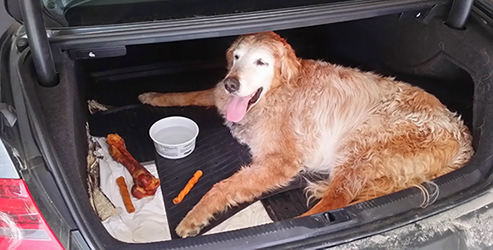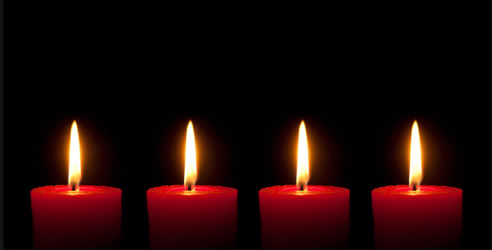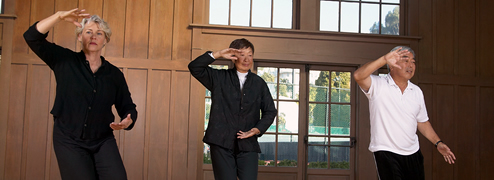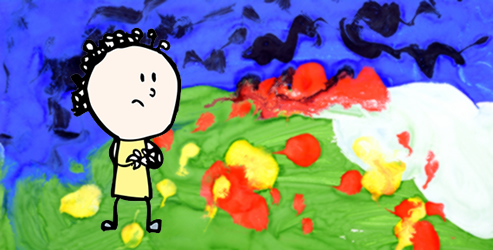
In Part One of “relief grief” we talked about how the death of a child, sibling, parent or partner can bring relief to family members. However, such relief is most often hidden to escape community criticism. That said keeping quiet does nothing to help a family work through the emotional scars they have often inherited.
If you have experienced ongoing psychological and/or physical abuse, you need to keep a few things in mind:
- You are entitled to accept and explore whatever you are feeling.
- Forgiveness is pure gold, but don’t rush into it. At first just notice what takes place in your body when a memory creates a physical “charge.” Take some time to sit down, close your eyes, connect to your breath and allow your anger and/or fear to drain from your mind and body.
- Accept that while you had little control over the deceased’s behavior, you do have control over how you interpret the affect of their behavior on your future.
- Be wary of giving the experience so much power that you become a permanent victim.
- Consider seeking professional help to work through your resentment.

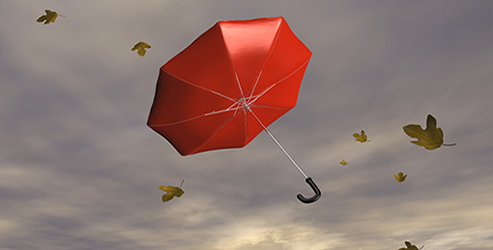 Death ends a life—not a good or a bad relationship
Death ends a life—not a good or a bad relationship